The book is based on the work "Folk beliefs of the Chinese people of Chau Doc" by researcher Vinh Thong, which was awarded the Third Prize - Folk Literature and Arts Award in 2024.
According to the author, Chau Doc city, An Giang province in the past, now including Chau Doc ward and Vinh Te ward, An Giang province, is an urban area formed less than 3 centuries ago, but early on there was coexistence and cultural exchange between Kinh, Khmer, Chinese, Cham ethnic groups... The belief and religious systems of the ethnic groups clearly show this process. Among them, there is the folk belief of the Chinese people of Chau Doc.
Author Vinh Thong commented: "The Chinese people of Chau Doc both preserve their traditions and change to adapt, at the same time contributing many cultural values to Chau Doc in particular and the South in general." Indeed, through the process of living and working, the Chinese people of Chau Doc have formed their own identity in folk beliefs and culture, with specific characteristics. With a cultural perspective and field methods, author Vinh Thong has clarified each issue through nearly 250 pages of the book.
Photo: DUY KHOI
From theoretical and practical issues, researcher Vinh Thong delves into each area of the Chinese folk beliefs in Chau Doc such as forms of folk beliefs (worship of ancestors, family gods, natural gods, human gods, holy mothers and goddesses), rituals of a religious nature (ceremony, Tet, life cycle rituals)... Thereby, the author has painstakingly summarized the characteristics and roles of the Chinese folk beliefs in Chau Doc in a very comprehensive and accurate manner.
Reading the book, readers will understand more about the interesting folk beliefs of the Chinese in Chau Doc, such as the concept of guardian gods for pregnant women, newborns, and the customs of abstinence during pregnancy and young children. Or details such as the first birthday ceremony for the Chinese is called the man nien ceremony (meaning full year). The Chinese also believe in the tray of objects for children to pick up, thereby predicting what career they will have in the future like the Vietnamese, called the art test ritual. More uniquely, in the Trieu Chau culture, people who reach the age of 15 will have a ceremony to leave the flower garden, marking their maturity. The most prominent custom is the chicken head biting ritual with the wish that when they grow up, they will be like Lam Dai Kham, the top scholar of the Ming Dynasty.
Author Vinh Thong believes that the religious rituals of the Chinese are influenced by the concept of "rituals" in Confucianism. Rituals have the value of restraining people into a framework, especially the model of the "Gentleman" in Confucianism. The Chinese people of Chau Doc, during the process of living together, have preserved, modified, and restrained themselves to adapt to the new environment.
“Folk beliefs of the Chinese in Chau Doc, An Giang province” is a research book worth reading!
Researcher Vinh Thong is from Binh Thuy island, An Giang province, born in 1996. He has written and researched literary works since he was a junior high school student, becoming a "phenomenon" of Mekong Delta literature and when he was only 22 years old, he won the Young Author Award - Vietnam Literature and Arts Award of the National Committee of the Vietnam Union of Literature and Arts Associations . Up to now, Vinh Thong has published more than 10 books, including notable cultural works such as "An Giang - Wide Mountains and Long Rivers" (2015), "Binh Thuy Communal House and Village" (2021), "Imprints of the Upper Delta" (2021), "Nam Ha Style" (2024)...
DANG HUYNH
Source: https://baocantho.com.vn/nghien-cuu-sau-sac-ve-tin-nguong-dan-gian-nguoi-hoa-o-chau-doc-a190537.html






![[Photo] Prime Minister Pham Minh Chinh launched a peak emulation campaign to achieve achievements in celebration of the 14th National Party Congress](https://vphoto.vietnam.vn/thumb/1200x675/vietnam/resource/IMAGE/2025/10/5/8869ec5cdbc740f58fbf2ae73f065076)






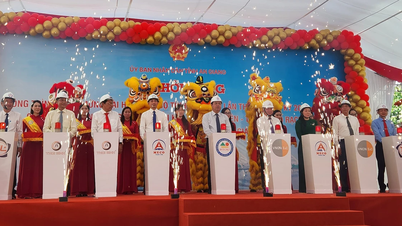
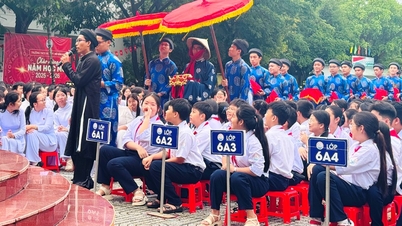

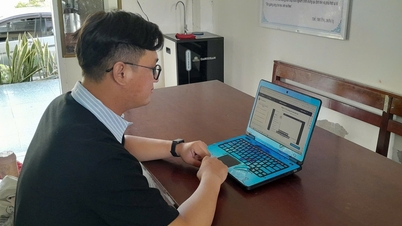



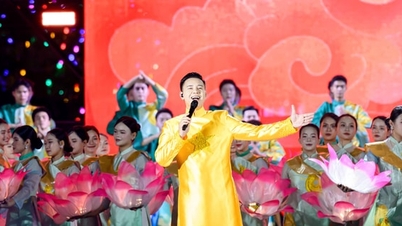

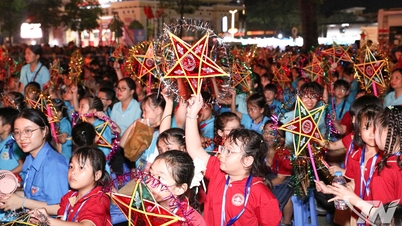

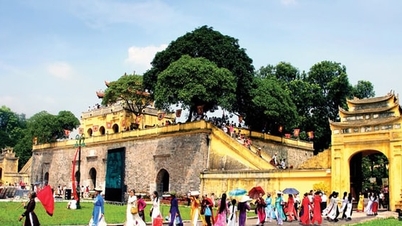
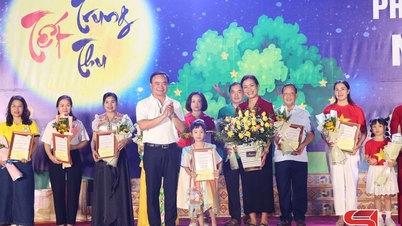







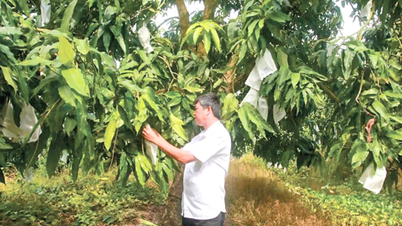
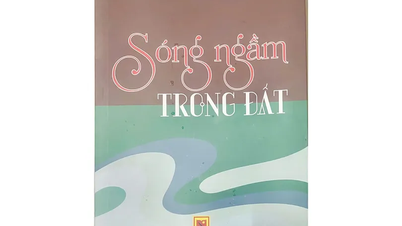
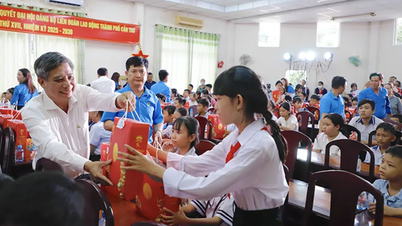
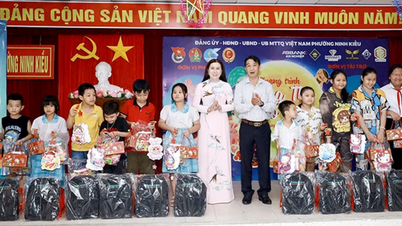
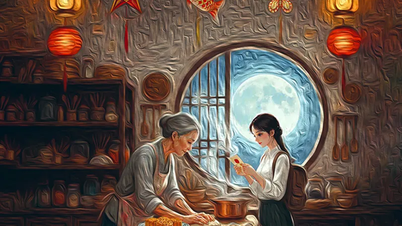
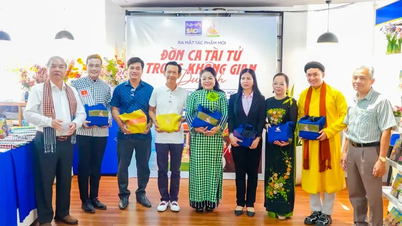
![[Photo] Bustling Mid-Autumn Festival at the Museum of Ethnology](https://vphoto.vietnam.vn/thumb/1200x675/vietnam/resource/IMAGE/2025/10/4/da8d5927734d4ca58e3eced14bc435a3)
























![[VIDEO] Summary of Petrovietnam's 50th Anniversary Ceremony](https://vphoto.vietnam.vn/thumb/402x226/vietnam/resource/IMAGE/2025/10/4/abe133bdb8114793a16d4fe3e5bd0f12)

![[VIDEO] GENERAL SECRETARY TO LAM AWARDS PETROVIETNAM 8 GOLDEN WORDS: "PIONEER - EXCELLENT - SUSTAINABLE - GLOBAL"](https://vphoto.vietnam.vn/thumb/402x226/vietnam/resource/IMAGE/2025/7/23/c2fdb48863e846cfa9fb8e6ea9cf44e7)














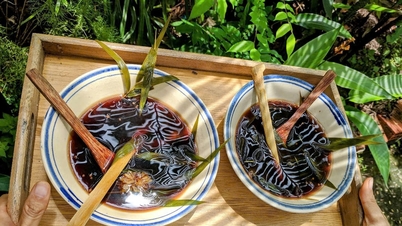


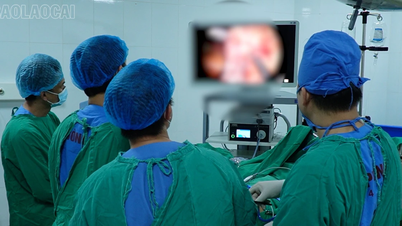

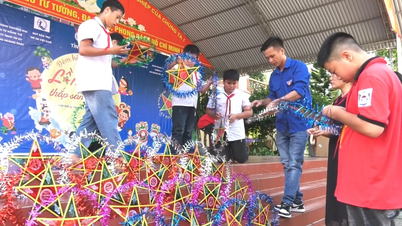
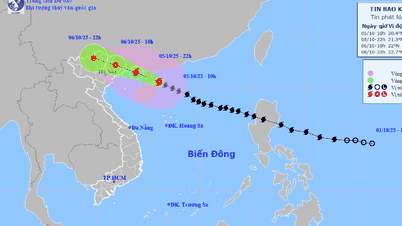














Comment (0)